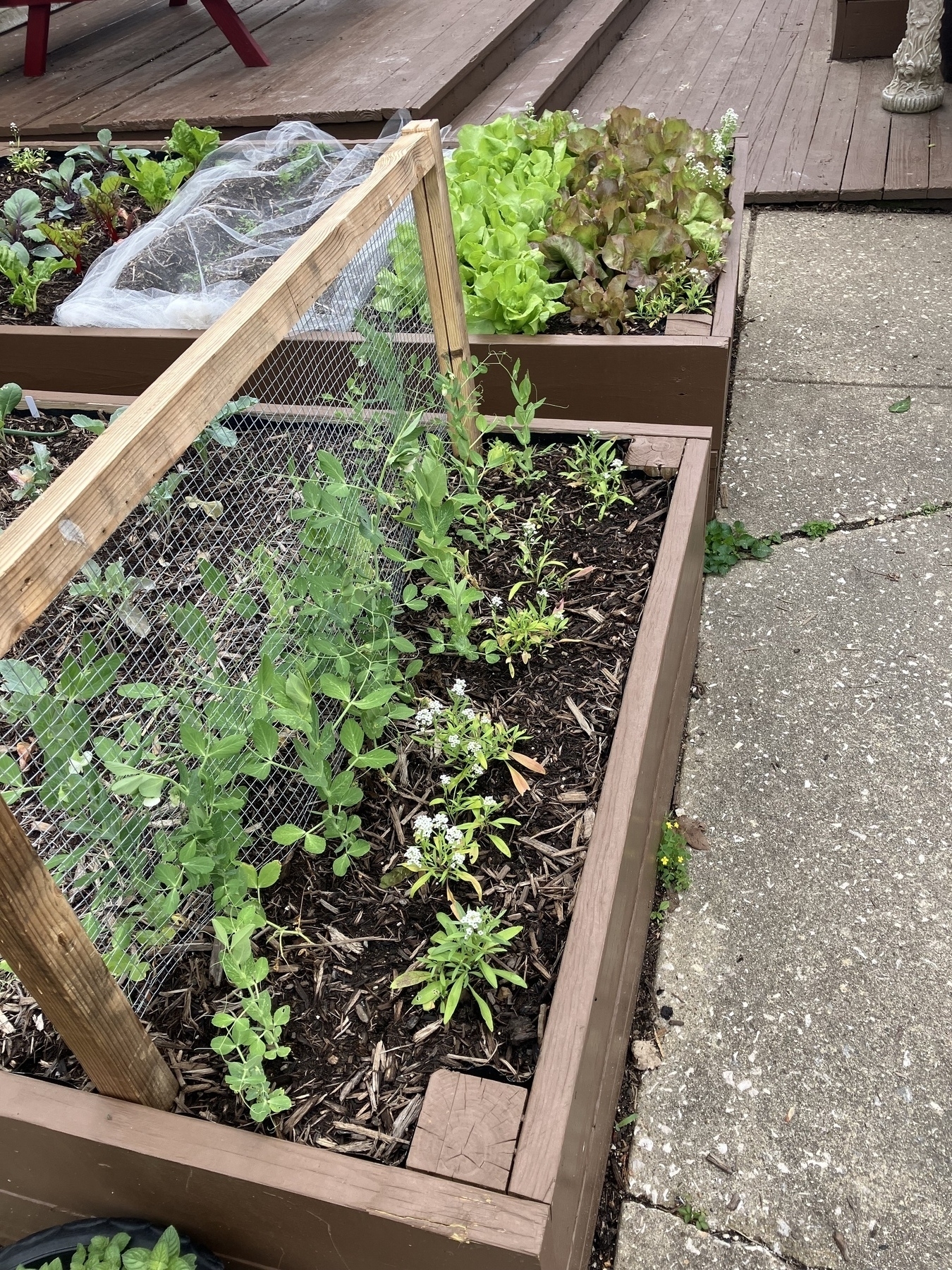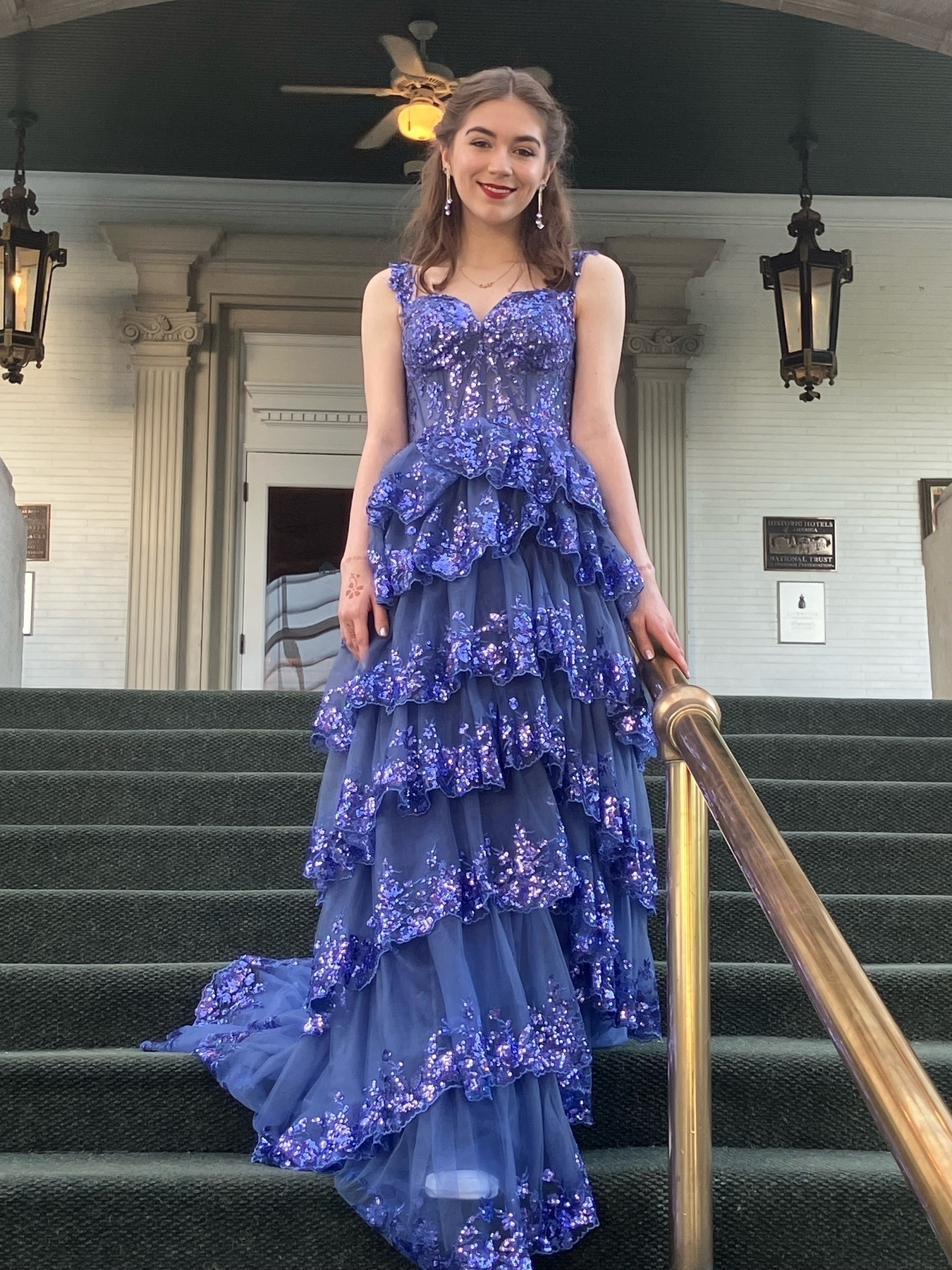Wow! Testimony of Paul Robeson before HUAC in 1956. Audio is a reenactment by James Earl Jones but the words are from the hearing itself. More about Paul Robeson.
Matthew Crawford, on “eyesore” yards (yards containing scrap or spare parts):
Nobody wants to live next to a Superfund site; I get that. My point is that our judgments of “responsibility” get clouded with aesthetic considerations that are in turn wrapped up with class-based forms of self-regard and virtue signaling. Zoning laws, as well as the informal norms of bourgeois environmentalism, serve to maintain social demarcations (and with them, wildly divergent property values). They also enforce the planned obsolescence that our economy is based on.
Nobody wants to live next to a Superfund site; I get that. My point is that our judgments of “responsibility” get clouded with aesthetic considerations that are in turn wrapped up with class-based forms of self-regard and virtue signaling. Zoning laws, as well as the informal norms of bourgeois environmentalism, serve to maintain social demarcations (and with them, wildly divergent property values). They also enforce the planned obsolescence that our economy is based on.
People who work on old cars, whether as enthusiasts or out of necessity, are out of step with this regime.
Cardinal points of my politics:
- The nonhuman world is beautiful, fearsome, and faithful. It is worthy of your reverence.
- Humans are mostly okay and can shine in the context of a personal situation. But they’re also gullible and clannish.
- Humans with power—even modest power—must not be trusted.
- Humans flourish on a human scale, working within the sphere of their competence, fulfilling their role within the community of beings.
I am one-tenth of the way through Why We Drive by Matthew Crawford and—as expected—I have so many conflicted feelings.
- I’m wholly on board with his critique of technocratic, health-and-safety-ism.
- I’m less convinced by his embrace of cars as a vehicle (heh) of this critique. To reveal my own bias: I hate cars. I hate cars for the following reasons:
- I resent twenty years of a ninety minute (total) daily commute. Cars were the site of my misery.
- Cars are expensive to own and maintain and are a terrible investment. I’m cheap.
- I like peace and quiet. Where I live, (intentionally) loud cars, trucks, and motorcycles are a feature of daily existence.
- Because of the above, I think cars were an unfortunate technological development. Their destruction of neighborhoods, their environmental impact, and the social ills they enabled outweigh their benefits.
- Having said all of this, I love solitary day trips in my car, exploring southern Indiana. I’m due for another one soon.
It’s been a while since I found myself both strongly for and against a writer before the first chapter began. I take this as a sign that the book will be worthwhile.
A good weekend for cheap, reused stuff:
- I came across a thrift/junk store (location: secret) with a large selection of old tools. I didn’t have time to look around much but I will go back next weekend.
- My in-laws gave me a couple of old garage cabinets. Ain’t nothing fancy—but it freed up a lot of room.
- An acquaintance gave us one of those roller composters. We’ve struggled with that kind of composting in the past but we’ll definitely try it again for free.
- We found a bathroom cabinet for $10 in good condition. Rachel has had an eye out for one for a long time. Minor repairs, replaced a bit of hardware, painted it black.
R.G. Miga, on the current crisis sparked by both an overabundance of information and a lack of trust in supposed experts:
There are three options in responding to this epistemological crisis:
There are three options in responding to this epistemological crisis:
-
Hold the line and keep the faith. This is, ironically, no different than the irrational religious faith that science was meant to save us from: if we trust in the existence of that Ultimate Truth, brothers and sisters, and follow the technocratic priests who commune with it, we’ll eventually make it through this desert of uncertainty and into the Promised Land. This requires us to spend much of our lives reciting the catechisms of modernity, persecuting heretics, and studying the ever-expanding canon of sacred texts, so that we might better understand the natural laws that Science has laid down for the righteous to observe. Only then can we bring the utopian Kingdom of Heaven down to Earth. Amen.
-
Cultivate a Zen-like detachment in the face of uncertainty. Buddhism has a perfectly coherent answer to epistemological crisis: recognize the fundamental unknowability of reality, and the ephemeral nature of all forms. Greet the end of the world and your own existence with equanimity. The challenge with Buddhism is always to balance the transcendence of seeing through reality while continuing to live in a physical body; with practice, it can be done. The detachment that Buddhism offers can be a great relief to the emotional strain of epistemological crisis—but it does have its pitfalls.
-
Take an epistemological stance that allows for something like what Dr. Jack Hunter refers to as “ontological flooding”: the perspective that many different claims about the nature of reality–beyond the dominant Western ontology of material-reductionism–can be simultaneously valid. This allows us to treat a variety of different possibilities as potentially true, or true enough, and permits the type of applied metaphysics I’ve been describing in this series.
Miga is advocating for option three–and I’m posting about it here because it seems to be the way my mind works. To be clear, I am definitely not commending my own idiosyncrasies; what I describe below is offered only as an illustration of a possible way of being.
Rachel and I have been together since 1995, married since 1998. Over that time, like other couples in long-term relationships, we’ve become a lot alike. We do, however, have very different approaches to new ideas that I think are each rooted in our experience in a strict, fundamentalist Christianity. Her experience of it was much more personally oppressive, since women were the targets of the strictest rules as well as treated with deep mistrust as the ultimate source of sin in men. While my experience (as a man) was not quite so personally oppressive, I did experience the churches as pervasively anti-intellectual and opposed to curiosity. It was limiting. When we finally left in our mid-twenties, we both experienced that departure as profoundly liberating–even though it resulted in being utterly rejected by a large, close-knit social network.
(By the way, I believe that is why we were never even tempted to return. We weren’t the usual “backsliders”, who quit going because of hurt feelings or some besetting sin but who never truly stop believing what those churches teach. Those folks almost always end up going back. In that way, I believe we were something of a puzzle for those we left behind: very few people left, not because of sin or hurt feelings, but because they came to truly reject the entirety of what the churches teach. The typical backslider is earnestly sought after by their friends and families. We got a sum total of two letters asking us to come back. And not because they didn’t like us; I think it’s fair to say we were regarded as up-and-comers.)
For Rachel, this experience instilled in her a “fool me once, shame on you; fool me twice, shame on me” approach. Unsurprisingly, she moved pretty quickly to atheism, though she’s dialed that back a bit over the past year. At this point, I’d say she’s less full-on atheist, and more skeptical-but-curious. Because her experience in the Holiness churches was more personally oppressive, she has refined her bullshit detector in order to avoid such a situation again.
For me, the liberation from Holiness churches allowed me to fully engage my curiosity. I gradually–it took a while–stopped worrying about being “wrong.” Sometime not long after leaving Holiness, I read in a Canon Press book a statement about how we could judge the truth of something by whether it was beautiful. (I’m not bothering to look up the reference because those books are emphatically not worth your time, despite a few bits having a salutary effect on my life.) I am quite sure the writer would be horrified about the uses to which I have put his idea. Nevertheless, my approach to ideas is less logical, more aesthetic. Frankly, I get bored with details pretty quickly. I look for how ideas inspire me and enlarge my world. (I was Hitchens-Harris type atheist for a while but it didn’t stick precisely because it made–for me–a dull world.)
To change the metaphor, I treat my mind like a huge soup pot. I throw in a little of this, a little of that, and then taste to see what I like. If I don’t like the taste of something, it doesn’t go back into the pot. If I do, I add more. Mostly I let it simmer for a while before making any decisions. I don’t test ingredients first before throwing them in. My rule is that I must always add more, not less, and that time and patience will bring clarity.
So when I come across an idea like “ontological flooding”–break down the barriers to damned/dammed facts (see that Jack Hunter presentation) and let them flood in–I am drawn to it. Are stories of the paranormal or miraculous or High Weirdness “true”? I don’t know–and nothing will bore me quicker than a presentation of arguments for or against. The question I’m more interested in is the one with which R.G. Miga ends parts two and three of his series: “Which world do you want to live in?” This is perfect. Don’t tell me what I should or shouldn’t believe. Don’t present me with logical arguments. Tell me a story. Map out an idea–not in intricate details but like a map of Middle Earth, so I can orient myself within it.
Soon I will be well again. I’m a patient man because I was trained to that end. Woodworking, as with all hand crafts, demands that we live and work within the parameters of our human limitations.
I love this: “I’m a patient man because I was trained to that end.” Patience is often seen as a sort of inborn trait: you either have it or you don’t. This, however, reminds us that patience is trainable, particularly as a result of long attentiveness to a craft.
Some May Day Advice for Managers Who Want to Be Human Beings, Not Corporate Shills
An incomplete list:
- Resolve that your loyalty is to your staff and their needs, not the corporation. This will clarify your decision-making and priorities. Ask your staff what they want and then advocate for that. You may lose–you probably will lose–but you’ll build trust.
- Make the higher-ups tell you “no” when you advocate for better pay or conditions for your staff. Don’t give up in advance by considering whether they truly “deserve” it. Be profligate with your bonus nominations.
- Cultivate a blue-collar heart. You are a manager and therefore someone that your staff rightly suspects. You have the power to ruin their lives; you, therefore, will never truly be their friend. You can, however, educate yourself on labor struggles and doubt everything HR and senior management says. Imbibe the spirit of Utah Phillips. Do not admire CEOs and billionaires. And for pity’s sake, don’t read business books.


